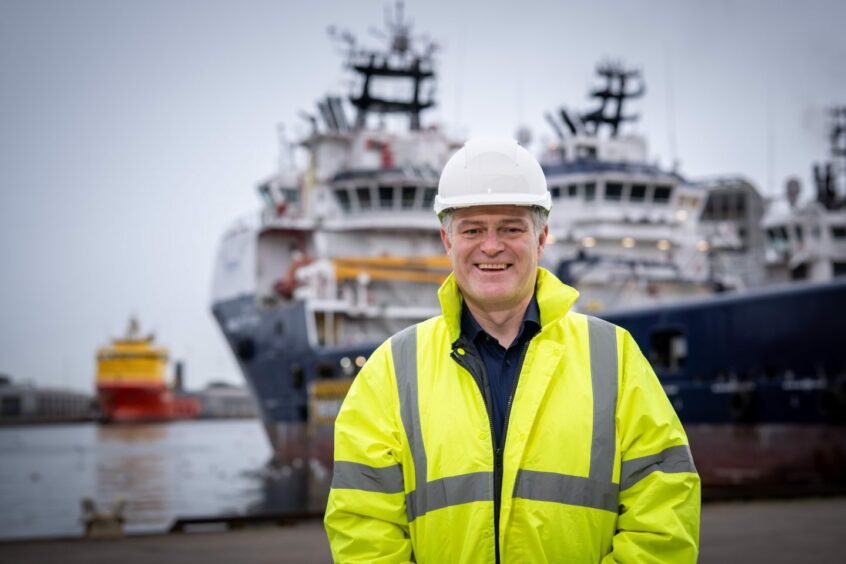
Oil and gas sector representatives have welcomed the offer of dozens of new exploration licences across the North Sea as part of the 33rd Licensing Round.
The North Sea Transition Authority (NSTA) confirmed on Monday it had offered 27 new licences, prioritised in areas where production could be brought online more quickly.
Over 900 blocks and part-blocks were made available for application, with 76 companies submitting 115 applications for 258 of those blocks on offer – the highest number of applications since the 29th round in 2016-17.
Awards for some 55 blocks could be handed to 14 companies, according to data published by the NSTA in Monday.
The chief executive of trade body Offshore Energies UK (OEUK), David Whitehouse, said the announcement was “a boost for UK energy security and for the 200,000 people in jobs supported by the offshore energy sector.”
“These are the very people we need to deliver reliable supplies of homegrown energy produced in the UK, for the UK.”
OEUK says further exploration is needed to replace the “constant churn” in domestic production, with new licences required even to maintain the current rate of decline in the basin.
Citing NSTA data it says only 3% of production was replaced by with new finds in 2022 – the equivalent of investing in 1 new barrel for every 33 existing barrels produced.
There are currently 284 offshore fields in production in the UK North Sea and an estimated 5.25bn barrels of oil equivalent (boe) in total projected production to 2050. Meanwhile, the UK is expected to close 20 fields this year, whilst only two new sites will start up.
“We all recognise that our energy system must change, and our industry includes companies that are expanding into renewables while using their expertise to pioneer ever cleaner energy production. The reality of the energy transition is that we need both oil and gas and renewables in an integrated system to protect the UK’s energy needs over the coming years,” added Mr Whitehouse
“Last year filling the fuel import gap cost the UK £117bn. That’s a lot of money spent supporting the economic growth of other producing countries. With careful management and collaboration, the UK can become the gold standard of energy transitions. We can drive economic growth, reach our climate goals and avoid a future where we increasingly import our energy and export our jobs.
“Energy security is national security. We need pragmatic policy and political consensus if we are to realise £200billon potential company investment in UK wind, hydrogen and carbon capture, and oil and gas production over this decade, with all the jobs and work for our supply chains this will bring.”
Securing Scottish jobs
The news was also welcomed as a boost to the north east economy. Ryan Crighton, policy director at Aberdeen & Grampian Chamber of Commerce, said: “This is a welcome boost for the UK oil and gas industry, which currently supports 215,000 jobs, including 90,000 in Scotland and 45,000 in the Aberdeen region alone.
“UK oil production fell to an all-time low of 38 million tonnes in 2022, and it will plummet to 22 million tonnes in 2030 unless new wells are drilled.
“To put that in context, the UK consumes about 61 million tonnes of oil annually, so if you ‘Just Stop Oil’ you ‘Just Import More’.
“Where the alternative is importing oil or gas at a greater carbon cost, then we must favour domestic production – it’s better for jobs, it’s better for our economy, and it commits us to sourcing the fossil fuels we need in a manner which minimises emissions and secures tens of thousands of Scottish jobs.”
More blocks are expected to be offered “subject to additional environmental checks”, the regulator said.
Recommended for you
